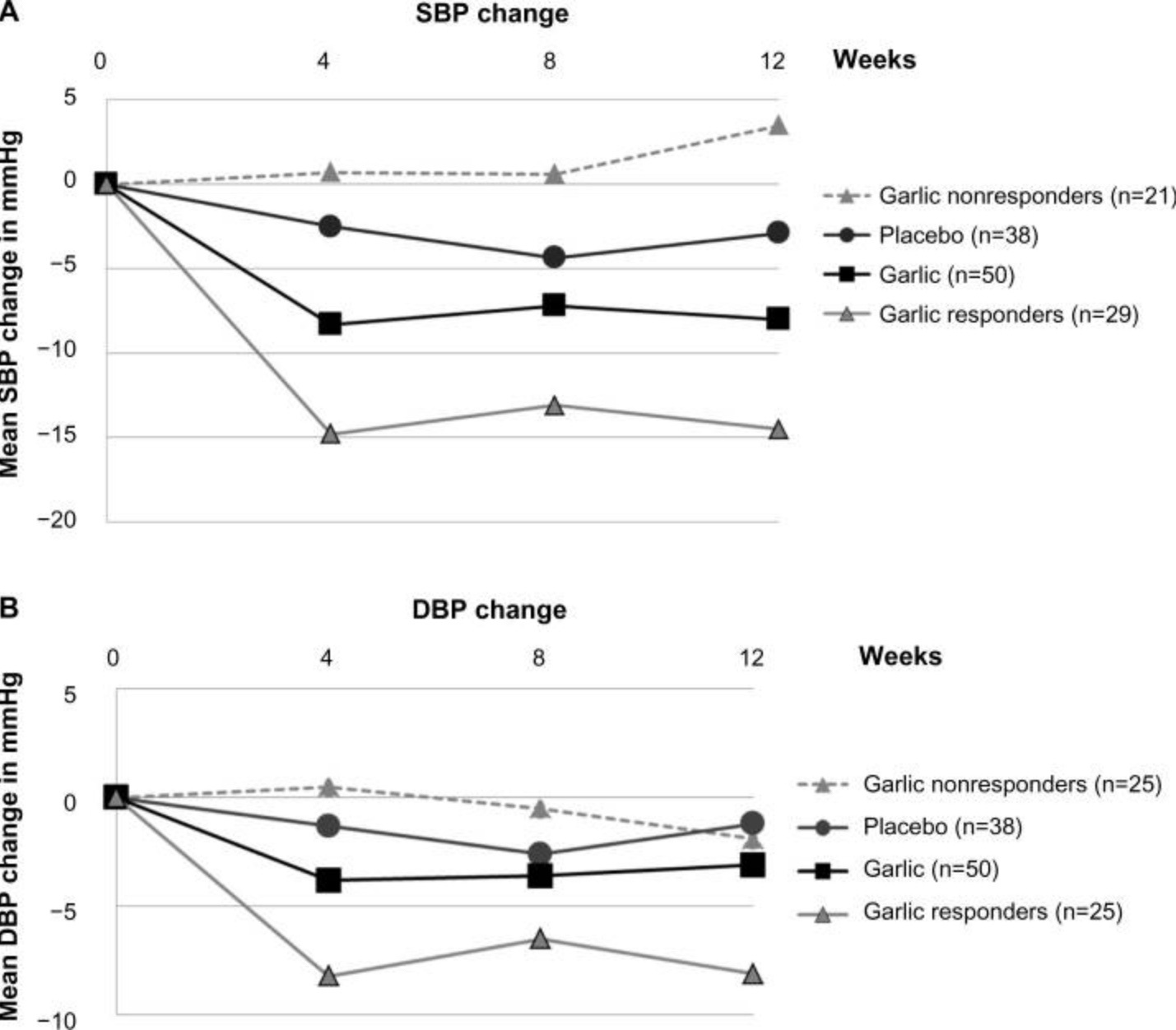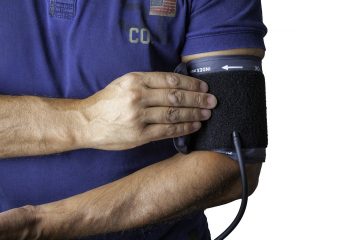It seems strange to me that so many people are immediately placed on high blood pressure medication when they are diagnosed with high blood pressure.
At first, this makes total sense. You have high blood pressure, take a pill to reduce it. However, pharmaceuticals for high blood pressure “artificially” reduce the blood pressure, and this comes with a plethora of side effects. Much of the time, people say that they “just don’t feel right” while take blood pressure medication.
We already talked about the importance of magnesium for high blood pressure. If you missed that article, make sure you check it out here. While it is important to make sure you are not deficient in nutrients or minerals such as magnesium and potassium, sometimes that in and of itself isn’t enough to push your blood pressure down to the completely normal range.
Instead of jumping to pharmaceuticals right away, it makes sense to look at nutrition and supplementation first. Why? Because we now know that high blood pressure is really a symptom of “oxidative stress” and “inflammation” in the vasculature. (Ref)(Ref2)
What this means is that when the vascular system is battling too much oxidation, it has a hard time relaxing, dilating, and allowing the blood to flow freely.
In general, this excess of oxidative stress comes from the diet and exercise (or, lack thereof).
In a healthy diet, there are components of antioxidative compounds and anti-inflammatory molecules that help keep the blood vessels “compliant”.
These include catechins in tea, proanthocyanins and flavanols in fruits, and other types of polyphenols in veggies, nuts, and legumes.
While including all of these in a well rounded diet would be your best bet, there are some foods / supplements that have shown to be extremely powerful in lowering elevated blood pressure.
The one we’re going to talk about today is garlic.
Garlic Has Shown Impressive Effects at Lowering High Blood Pressure
Garlic contains sulfur compounds that have been shown to be very protective against oxidative stress in the vascular system. This is because not only does garlic act as an anti-oxidant, but more importantly it upregulates our own “Antioxidant Defense System” (via activating NRF2). (ref)(ref2)
This means that garlic actually makes your arteries better able to handle oxidation on their own! By the way, this is exactly how exercise works as well, which is likely why studies have shown a “synergistic effect” between garlic and exercise. (ref)
Multiple clinical trial have shown beneficial effects of garlic and aged garlic extract on high blood pressure. (ref)(ref2)(ref3)
For one example, in 2016 researchers put 88 patients with high blood pressure on 1.2 g of aged garlic extract for 12 weeks. After the 12 weeks, “Mean blood pressure was significantly reduced by 5.0±2.1 mmHg (P=0.016) systolic, and in responders by 11.5±1.9 mmHg systolic and 6.3±1.1 mmHg diastolic compared to placebo (P<0.001).“(ref3)
See the graph below for the visual example from the same study:

While not every participant “responded” to the treatment (which also occurs with medication), the average blood pressure in the garlic group dropped significantly compared to the placebo group.
Furthermore, the non-responders might have turned into “responders” if they also combined the garlic with other synergistic treatments such as vigorous cardio exercise and magnesium supplementation.
How to Take Garlic for High Blood Pressure
The type I almost exclusively recommend is Kyolic Garlic. This is because it is completely ordorless but still very effective, as it has been used in many clinical trials. Talk to your PCP before starting any new supplementation, but the usual dose is 2-4 pills a day, spread out, and usually taken with meals.
Be aware that garlic can lower blood pressure below normal when combined with pharmaceutical hypertension medication, so you really would need to work with your doctor, introduce the garlic slowly, and see how you respond. If you respond well, you might be able to slowly decrease the amount of medication you are taking. Again, work with your primary medical doctor with this!
If you haven’t already, subscribe to the newsletter above to keep informed about nutrtion and supplementation that can benefit your health! Post any comments or questions below! I’ll be happy to answer them!


